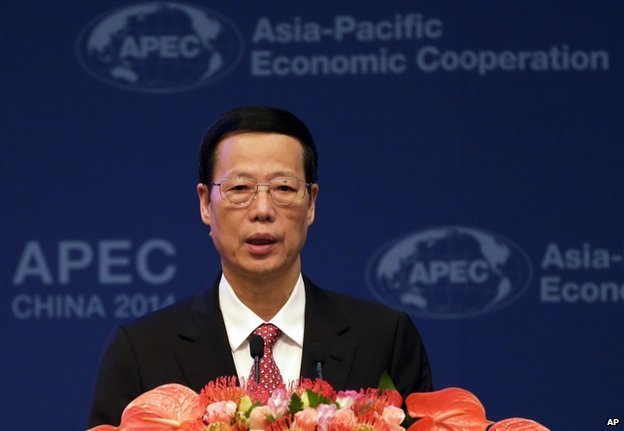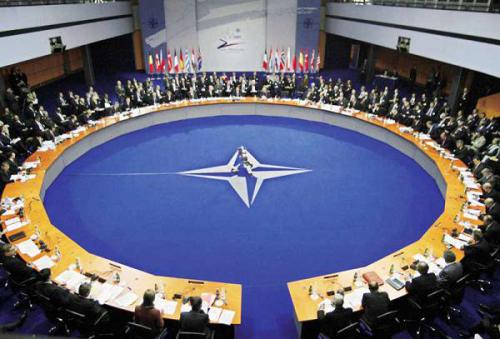
On October 23, 2014, the deputy Prime Minister of Japan, Taro Aso, met with China’s Vice-Premier Zhang Gaoli in Beijing, a gesture seen by the media as a hopeful step towards stronger relations between the two leading powers in East Asia.
Since the normalization of Sino-Japanese diplomatic relations in 1972, the relationship has been characterized by ups and downs. Tensions have increased especially since 2010, owing to regional territorial disputes in the South China Sea area, specifically the Diaoyu/Senkaku islands. However, the relationship between China and Japan is, and has always been, affected by far more than just competition over territory and rare resources. History and its interpretation play an extremely important, perhaps even a defining role.
One pivotal issue that never fails to exacerbate tensions is the Yasukuni Shrine, a Shinto shrine in Tokyo that commemorates those who died in the service of Japan. Of the many honored, 14 are considered Class A War Criminals by U.S. led international tribunals following the Second World War. For the Chinese people, the Yasukmi Shrine is an unmistakable symbol of Japanese imperialism, representing the unwillingness of certain right-wing politicians to acknowledge the “truth.”
The relationship between China and Japan has also been shaped to some extent by their shared history. As a result of the first Sino-Japanese War in 1895, which resulted in a sweeping victory by Japan, the Qing Dynasty of China was forced to pay enormous reparations, ceding the territory of Taiwan and a portion of what would later become Manchuria to Meiji Japan.
These transitions marked the beginnings of half a century of national humiliation inflicted on China by Japan, which still has significant implications for the political atmosphere of East Asia today.
China and Japan still have vastly different official views on many of the most important issues regarding World War II, such as the historiography of the 1937 Nanking Massacre, and the historical accuracy of the prevalence of “comfort women,” who were forced to work in military brothels.
Anti-Japanese sentiments are still strong in China today. Although the younger generations have grown familiar with Japanese culture, the shadow of World War II still lingers, complicating viable Sino-Japanese relations. Indeed,
Japan is experiencing a revival of long-suppressed nationalism at a time when China is aspiring to translate its economic prowess into military influence in the region. These two trends are historically motivated. For Japan, it is based in the connotation of imperialism. For China, it is the narrative of the “Hundred Years of National Humiliation” constructed from the 19th and 20th century experience of ceaseless foreign conquest and occupation. The future of Sino-Japanese relations will depend as much on geopolitical factors as on reconciliation.




